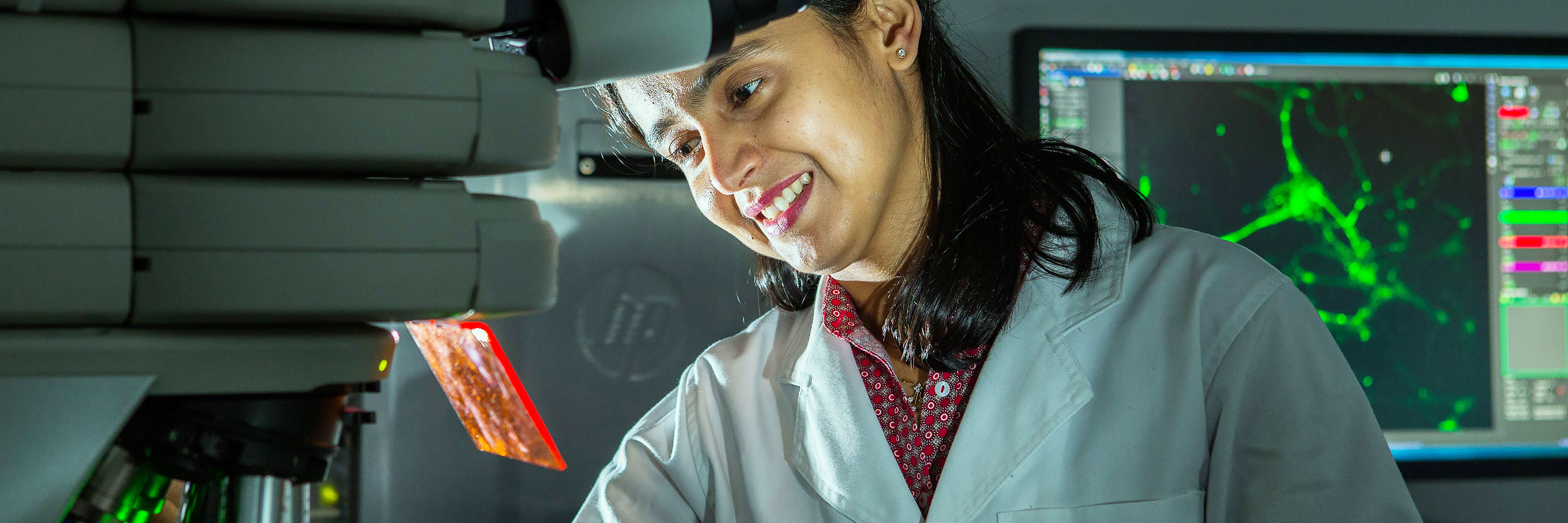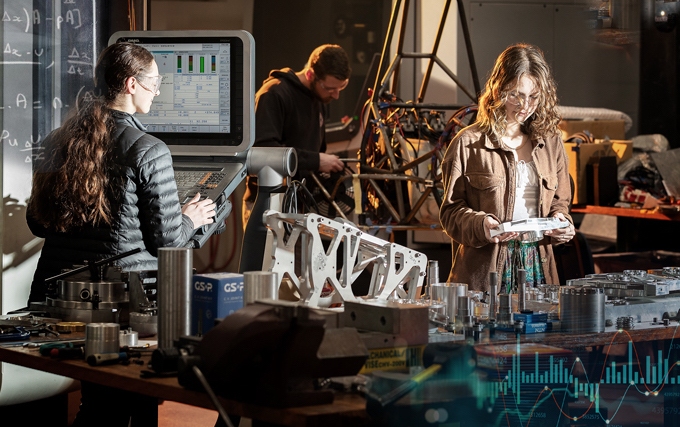When you join the research community at the ANU College of Systems & Society, you are joining the best and brightest in their field – world-class academics and vibrant intellectual leaders who are solving the world’s most complex challenges.
Top Research Institution
We are the only Australian university in the International Alliance of Research Universities – joining University of Cambridge, Yale University and Oxford.
World-leading research
Information and Computing Sciences, Engineering, and Technology research at ANU is rated well above world standard (Australian Government Excellence in Research for Australia Report 2018)
Outstanding experience
5-star maximum rating for research intensity, research grants, and graduate starting salary (Good Universities Guide 2018).
Why research with us

As Australia’s premier research university, ANU is in a unique position to offer students access to a highly supported and pioneering research environment.
Our vast networks
Our researchers regularly collaborate with a network of academic, government, and industry partners from all over the world on a variety of Innovative projects and initiatives.
We are real-world
We focus on finding solutions to the world’s greatest challenges - so our research students receive education and training that gives them real-world experience.
We focus on you
Our class sizes are small, with a 5-star rating for our staff to student ratio – the maximum rating you can get – giving you more access to the world’s brightest researchers.
As a researcher with the ANU College of Systems & Society, you will also have access to world-class facilities to support your projects and initiatives.

Areas
Learn about our broad range of research expertise

Facilities
Discover our world-class facilities, campus and accommodation.

Research stories
Read about the local and global impact of our research

Projects
Discover projects from the ANU College of Systems & Society

Partner with us
Partner with us and gain access to research, expertise and networks across the university.
Are you looking for a research collaboration opportunity?
Do you need an academic expert for a project?